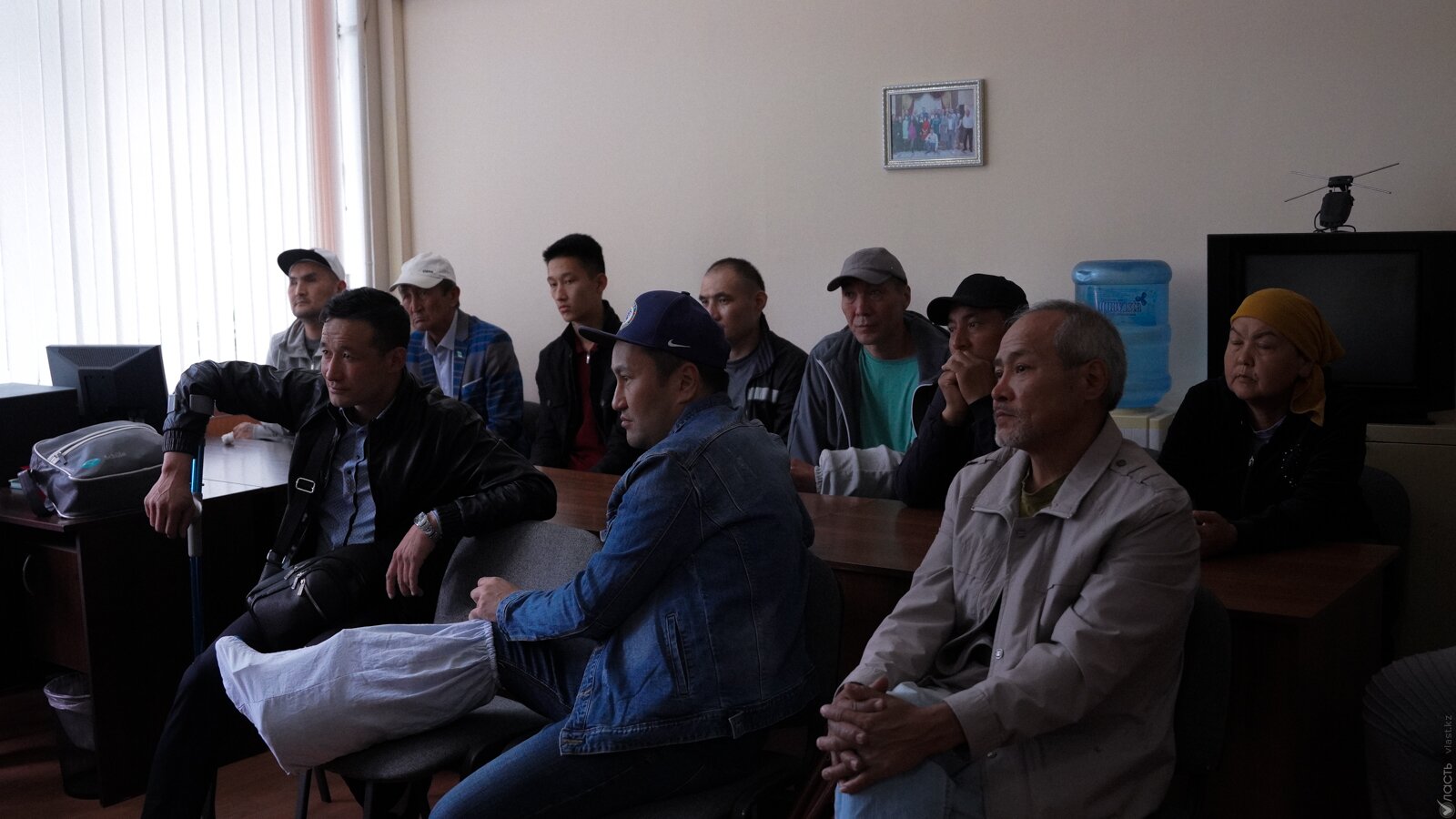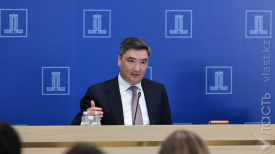- ВКонтакте
- РћРТвЂВВВВВВВВнокласснРСвЂВВВВВВВВРєРСвЂВВВВВВВВ
The Central Election Commission (CEC) excluded two potential candidates to the upcoming presidential race. Zhumatai Aliyev and Bakyt Zhanabayev, in fact, failed to collect enough signatures in support of their candidacy.
On the ballot for the November 20 election the CEC admitted incumbent President Kassym-Jomart Tokayev, Meiram Kazhyken, Zhiguli Dairabayev, Karakat Abden, Saltanat Tursynbekova, and Nurlan Auesbayev.
Tokayev traveled to the southern regions of Kazakhstan this week, in an effort to improve his popularity. On October 20, he told the press that the government would harshly punish those who attempt to divide Kazakhstan’s society. Tokayev specifically pointed out the role of “public figures, politicians, journalists, bloggers,” who could instigate “radicalism, extremism and separatism” with “careless words and reckless statements.” This intransigent line echoes Tokayev’s words in January, when he said journalists and human rights defenders had abused their freedom of speech.
Over the past three weeks, Kazakhstan’s authorities have detained four activists from Karakalpakstan, an autonomous region in Uzbekistan, after the Uzbek authorities placed them on an international wanted list. In July, protests in Karakalpakstan were violently broken up by the police. At least 21 people were killed during the two-day unrest.
While the four detained are all citizens of Uzbekistan who had applied for asylum in Kazakhstan, Nietbai Urazbayev, citizen of Kazakhstan and known activist for the Karakalpak community, was also put on the international wanted list. Now, the Karakalpak activists could face extradition to Uzbekistan. The international watchdog Human Rights Watch called on the government of Kazakhstan to refrain from deporting the activists.
A police officer accused of torturing detainees with a flatiron after the January Protests was sent to pre-trial detention, after a court in Taldykorgan decided to upgrade his house arrest on October 21. Several cases of torture were recorded in the aftermath of popular protests in January, also known as ‘Qandy Qantar’ (Bloody January). The government said it would thoroughly investigate the allegations.
In an effort to shed light on rumors of a substantial relocation of Russian citizens and businesses, prime minister Alikhan Smailov told the press that more than 50 companies have expressed interest in moving to Kazakhstan. On October 21, Smailov also criticized the public procurement mechanism in place at the Eurasian Economic Union, an organization that unites Kazakhstan with Russia, Belarus, Kyrgyzstan, and Armenia. According to Smailov, trade barriers have hampered smoother relations among the member states.
Поддержите журналистику, которой доверяют.








